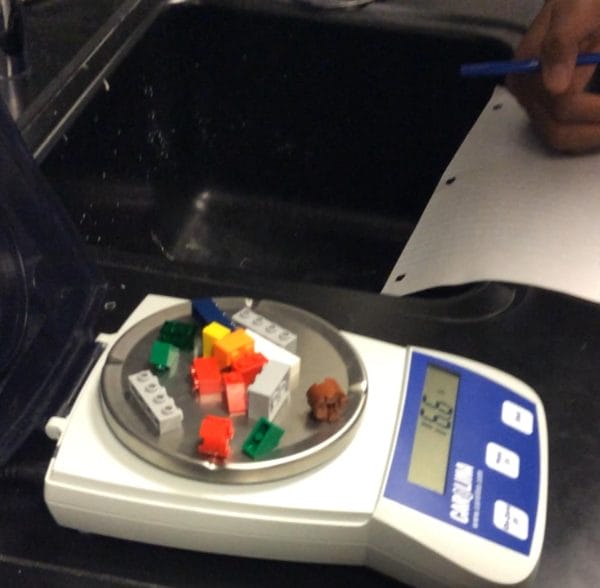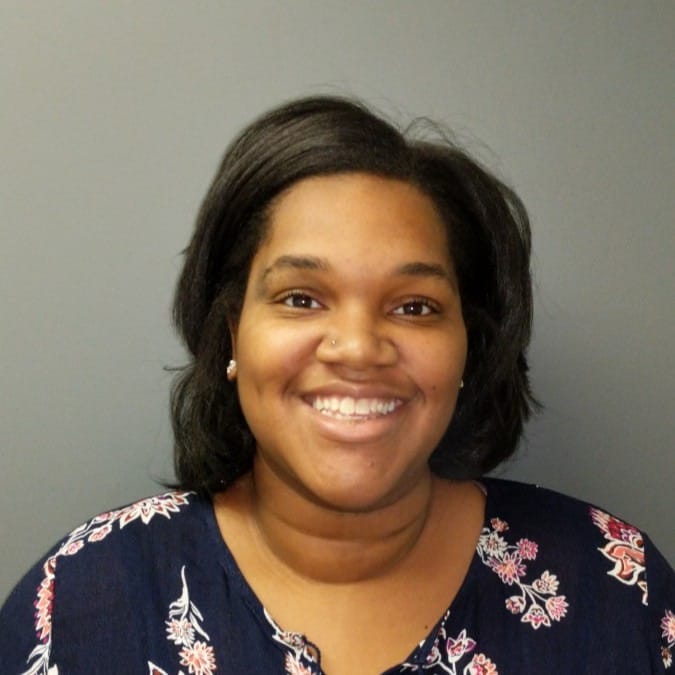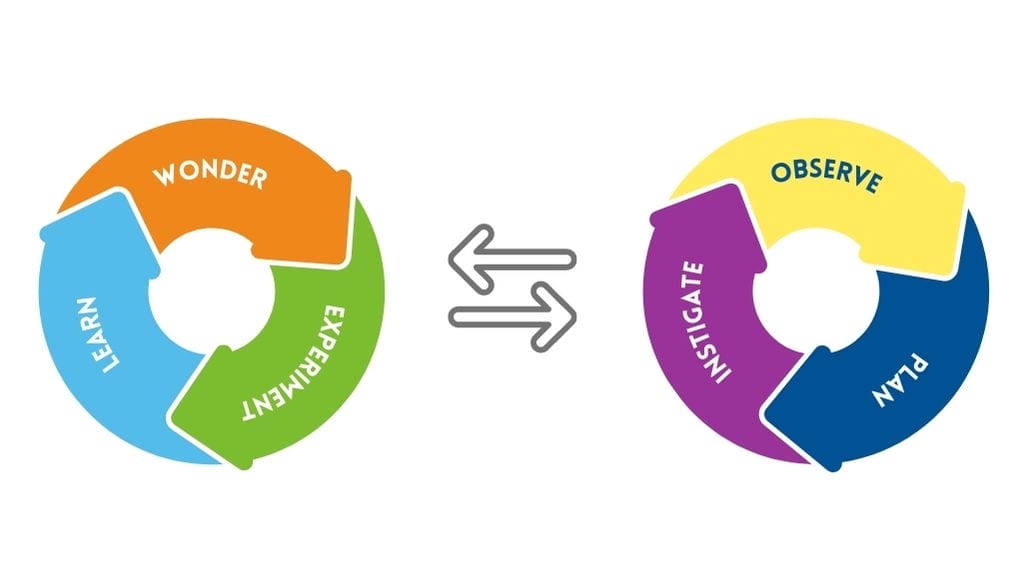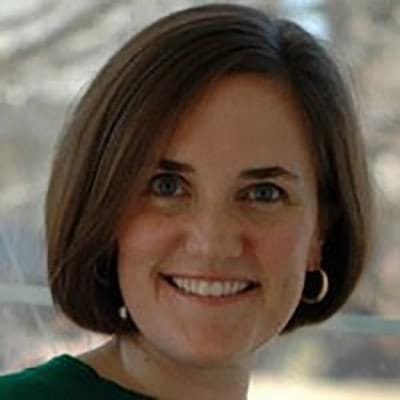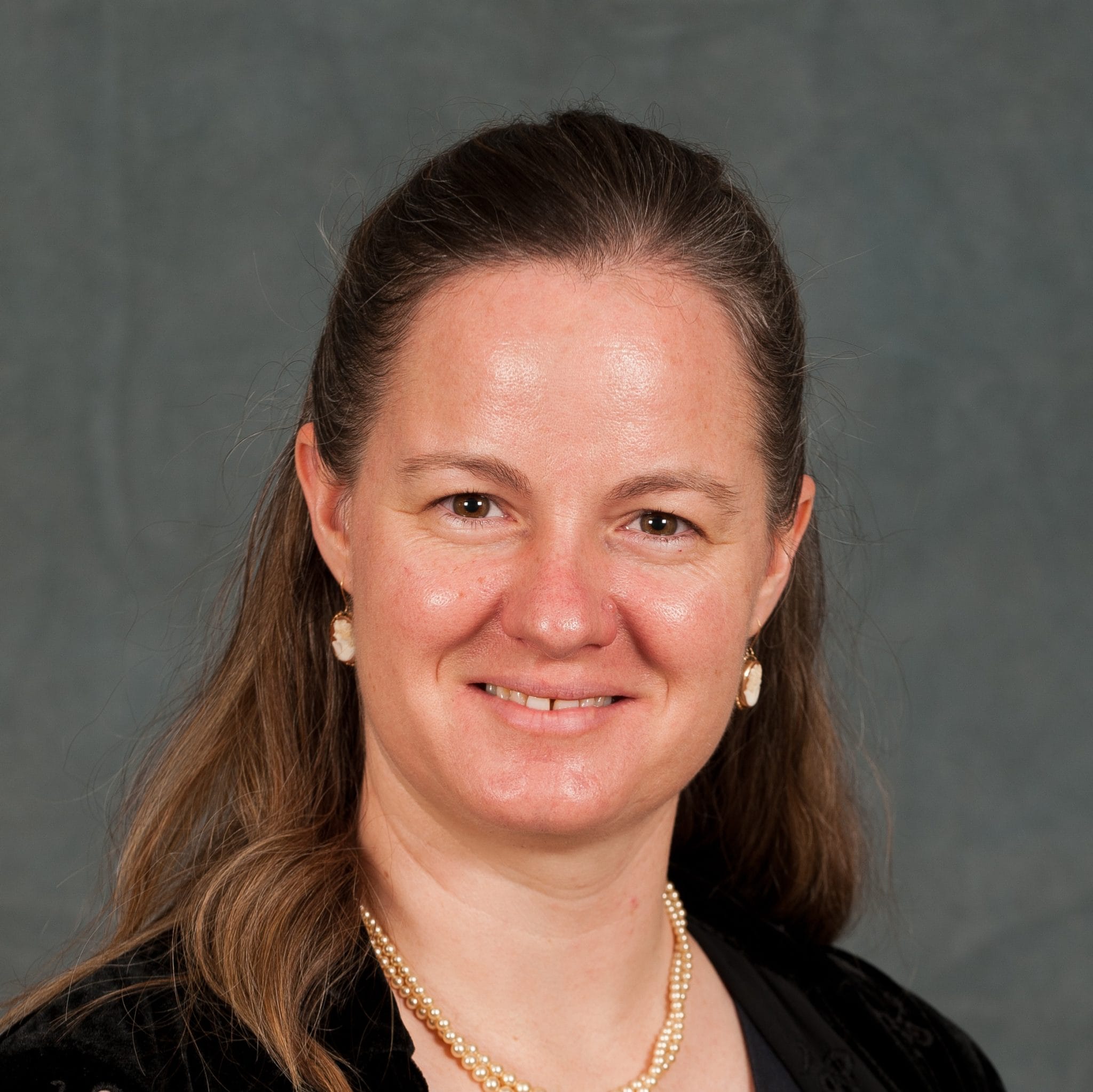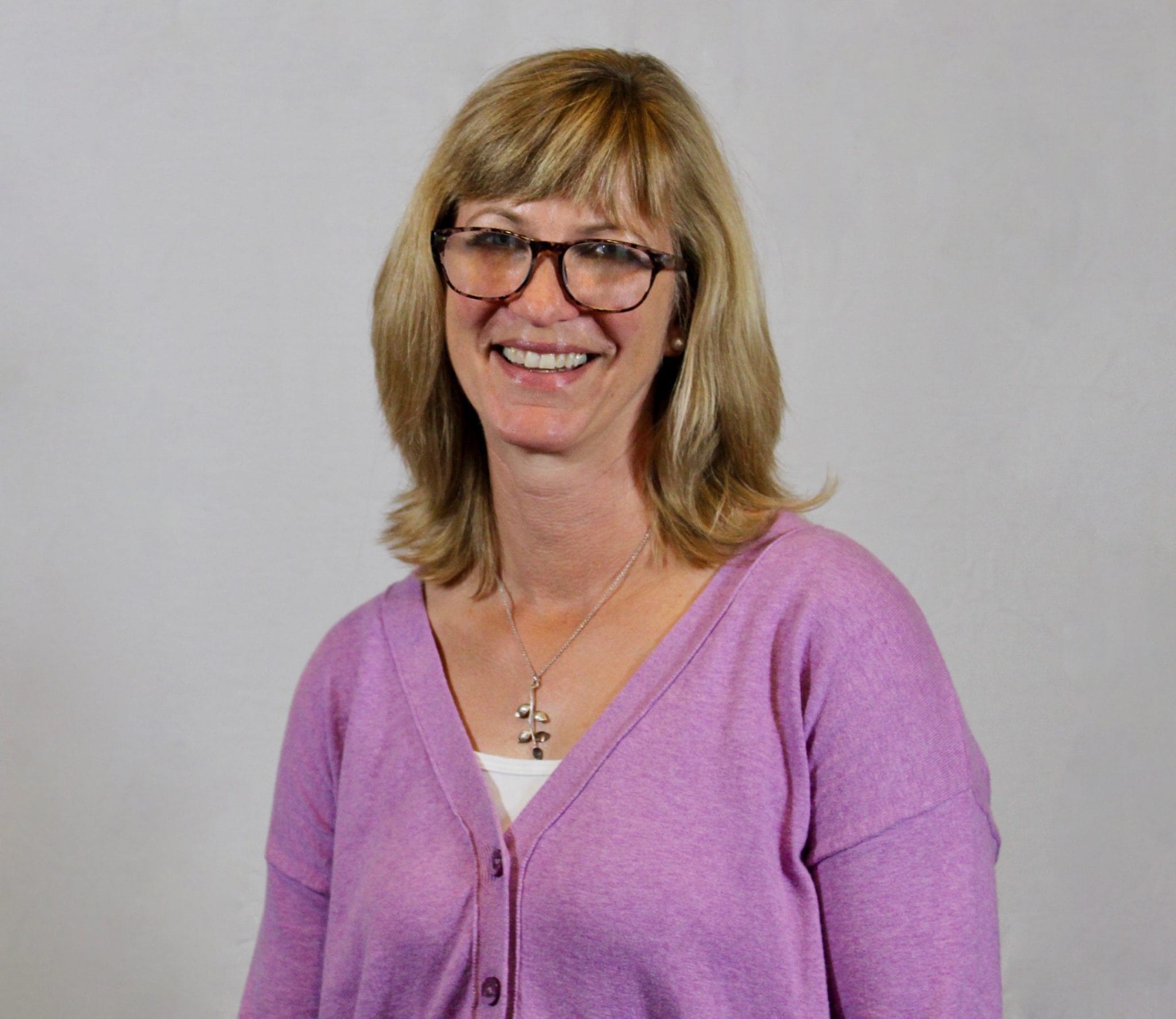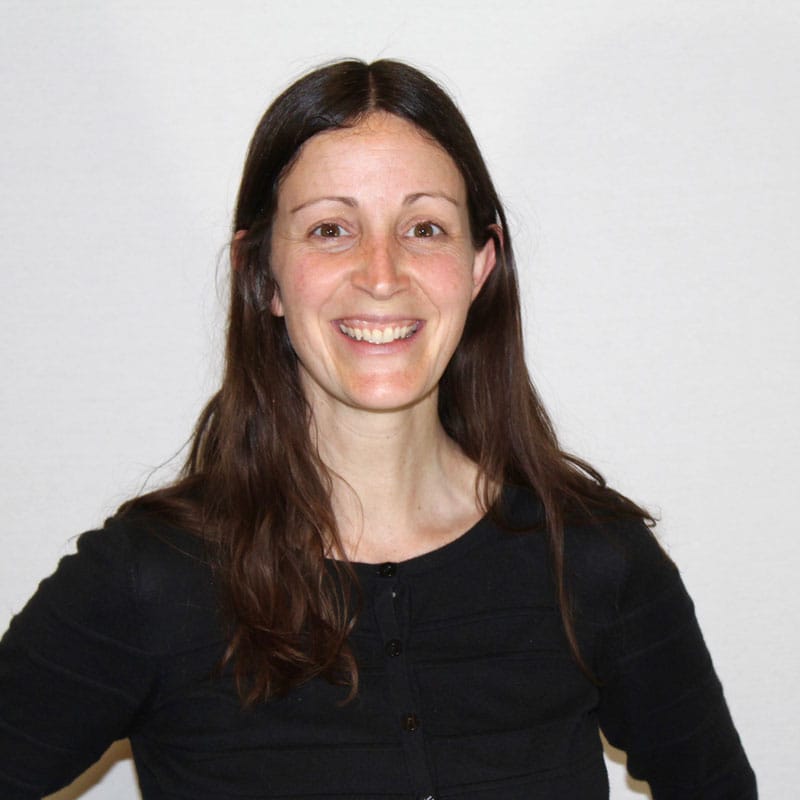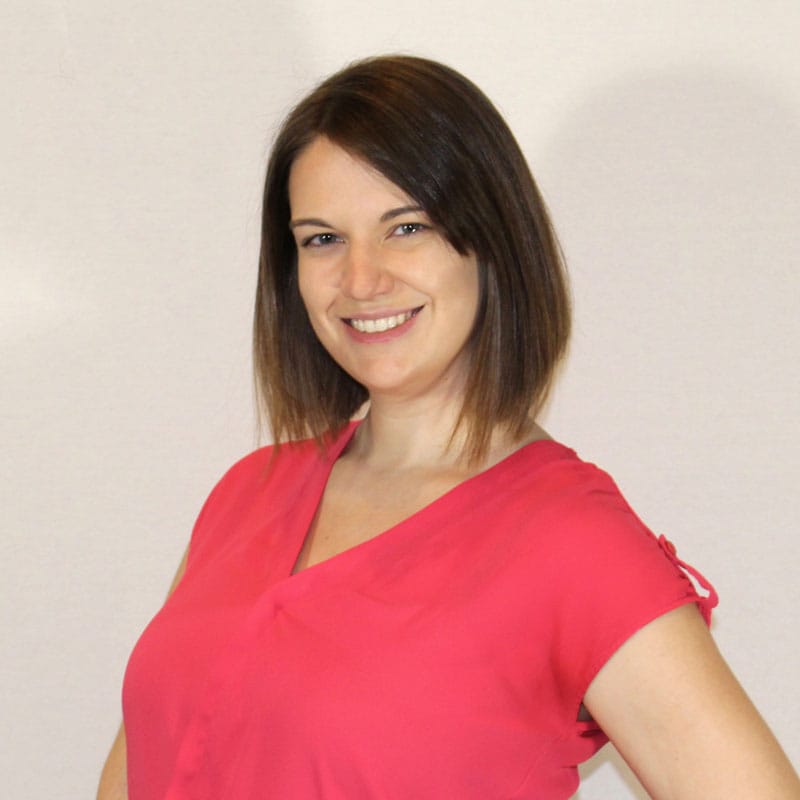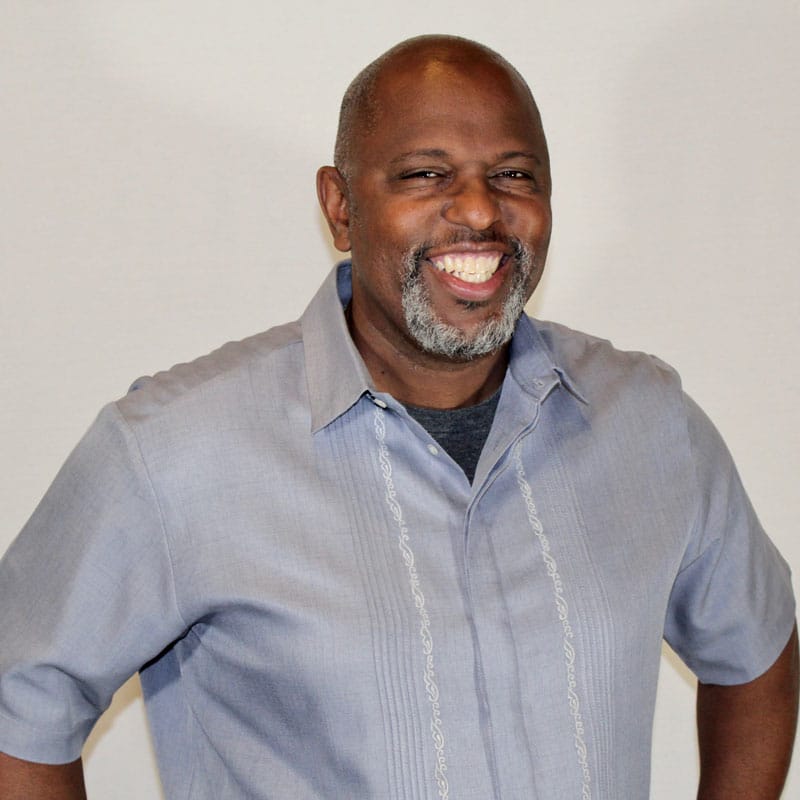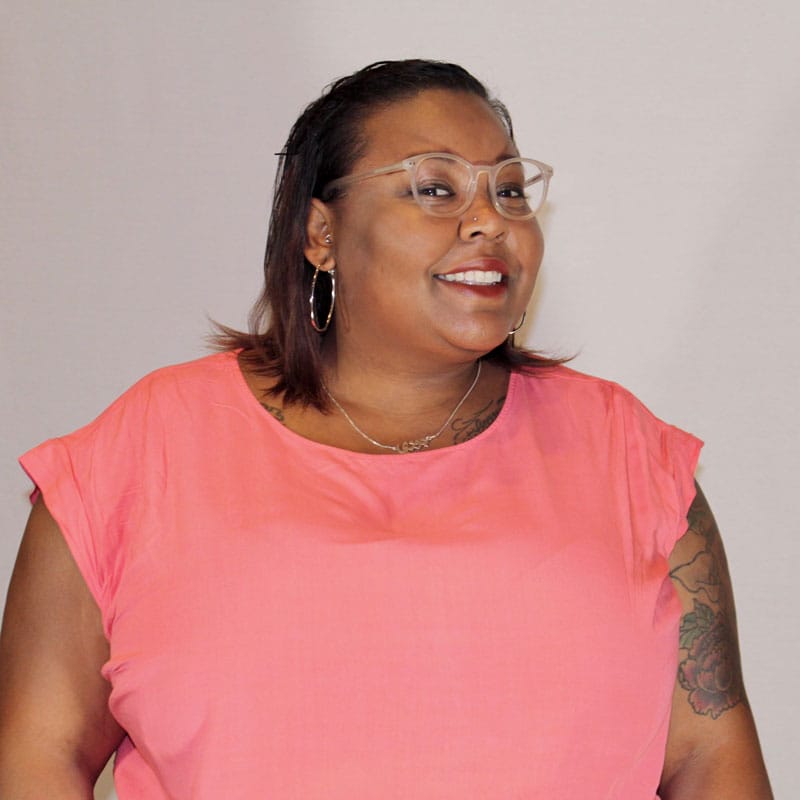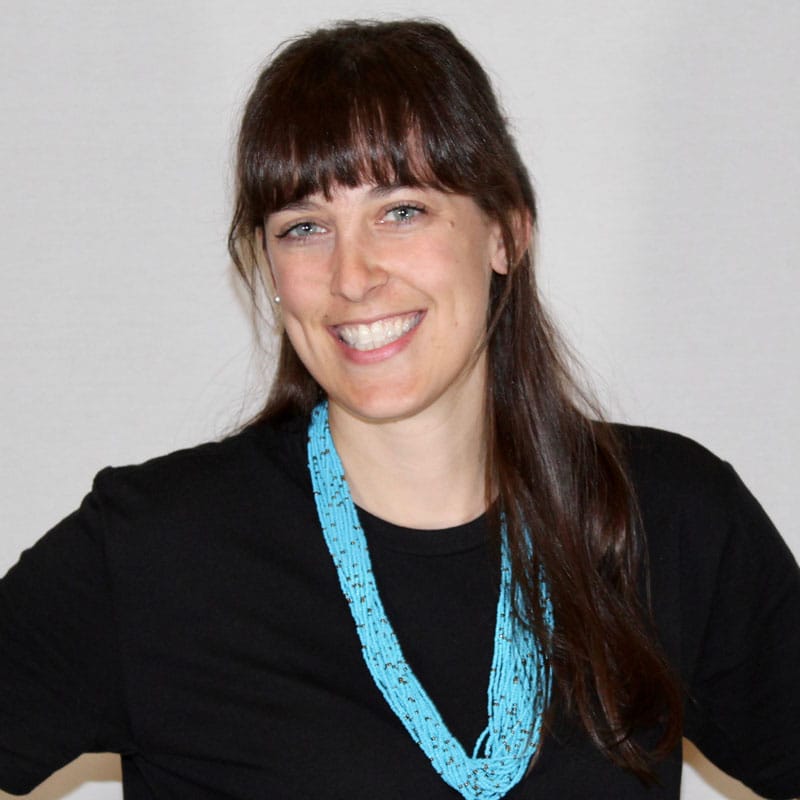March 27, 2015
(Photos: Jacqueline Smalls)
Patricia Odom teaches 6-8 grade science at Kelly Miller Middle School, a DC Public School. She is also a 2014 Teacher Leader in SCALE: Science Curriculum Advancement through Literacy Enhancement, a partnership between Center for Inspired Teaching and DC Public Schools that trains teachers in inquiry-based instruction, creates Next Generation Science Standards-aligned curricula, and provides students 21st century science instruction that develops their problem solving, critical thinking, and literacy skills.
While writing my lesson unit on the structure of matter, I intentionally incorporated the Next Generation Science and Engineering Practices. In fact, it’s impossible to teach abstract concepts of matter without considering the skills and processes student have to use to move from understanding a concrete idea to understanding an abstract concept. What’s been most helpful when writing these lessons is to plan activities and develop very specific questions that instigate student thought about the science phenomena they’re exploring.
With the 5E planning template, I am able to intentionally plan out the ways the students and teacher will actively complete the 5E’s: Engage, Explore, Explain, Evaluate, and Elaborate. It is critical to hook students at the beginning of a lesson and access their prior knowledge so that they are motivated to stay with you throughout the phases. Using the 5E model helps me to plan the types of questions I will ask that will lead students to ask even deeper questions.
In a portion of my unit, students explore the law of conservation of mass. In the “Explore” phase, students are tasked with developing a model with Legos to demonstrate what happens to the mass of an object when put together as compared to when the same parts are in pieces. I asked a student pair, “which type of change are you modeling – physical or chemical?” The student responded appropriately, then followed up with a question I wasn’t expecting: “would the mass be the same in a chemical change?”
I felt success in that moment, as my student had already predicted the next phase of the lesson . At the end of class, I probed for students to explain what had happened to the mass of the Legos; they told me that “it remained the same.” I then asked them what that meant, and they were able to state that the mass had been “saved” or conserved because the mass of the parts of the model was equal to the mass of the model. They read texts to support their explanations and discovered that they had been able to demonstrate the law of conservation of mass.
Reflection has been the key to improving my lessons and asking effective questions to drive instruction. After our lesson exploring conservation of mass, students were also able to recall that energy acts in the same way. This connection was the result of strategically planned questions I had placed throughout the lesson after getting feedback from thought partners within my cohort of SCALE Teacher Leaders.
SCALE has provided me the insight necessary for intentional and deliberate planning of questions within lessons. I now video record many of my lessons and often request observations with specific feedback from my peers, administrators, the school-based instructional coach, as well as my SCALE coach. These feedback conversations help me to identify things that worked well and ways to improve the lesson. This is critical to my own professional development and extremely necessary in order to develop my SCALE module for other teachers to use throughout the district. I didn’t do those things before, nor did I thoughtfully plan questions to build on what students could already do as they worked to grasp a concept. Before SCALE, I used what was already available and was less creative and intentional in my planning and teaching.
Now, I use the language of the Science and Engineering Practices every day with students to remind them that they are always thinking, speaking, and acting like scientists, not just in science class.
